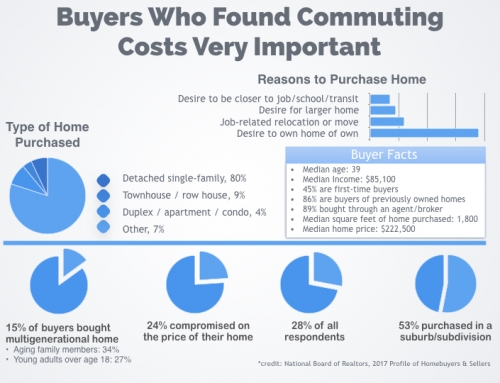I Want To Purchase A Condominium In Atlanta. What Should I Know Before I Begin My Mortgage Loan Application?
Condominiums are defined differently than Townhomes
- Townhomes are treated as Single-Family Residences
Condominiums are a single, individually-owned housing unit in a multi-unit building. The condominium owner holds sole title to the unit, but owns land and common property (elevators, halls, roof, stairs, etc.) jointly with other unit owners, and shares the upkeep expenses on the common-property with them. Unit owner pays property taxes only on his or her unit, and may mortgage, rent, or sell it just like any other personal property.
Condo mortgages come with slightly higher rates than single-family detached homes
- This is because lenders view condos as slightly riskier investments due to them being run by an HOA association or condo management company
- The lender must review the fiscal and physical health of the development
Some condos are “Warrantable” and some are “Non-Warrantable”
- Typically, a condo is considered “warrantable” if no single entity owns more than 10% of the units in a project, at least 51% of the units are owner-occupied, fewer than 15% of the units are in arrears (behind) with their association dues, the homeowners association (HOA) is not named in any lawsuits, and commercial space accounts for 25 percent or less of the total building square footage.
*as defined by Fannie Mae and Freddie Mac (the two Government Sponsored Enterprises who purchase and sell mortgages on the secondary market)
- A condo or co-op unit is considered “Non-Warrantable” if the project has yet to be completed, its developer has not turned over control of the HOA to the owners, the community allows short-term rentals, a single person or entity owns more than 10% of all unit, or it’s in a project where the majority of units are rented to non-owners.
*A high number of vacancies can also negatively affect the condo’s status
- Common non-warrantable properties include condotels, time shares, fractional ownership properties, and other projects which require owners to join an organization, such as a golf club.
- Manufactured housing projects and other developments which are not legally considered real estate are also excluded from warrantability. These include house boat and motorhome projects.





